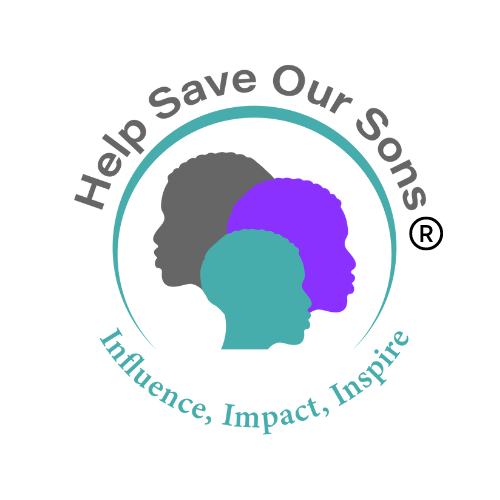Parenting Teens FACT SHEET
Adolescence is a time when teens are trying on different personalities to figure out who they want to be as an adult. This is why they are so easily influenced by peers and pop culture during the teen years.
It is a time when teens individuate from parents to become separate individuals. The process of individuation is threefold:
‣ Declaring (your independence) – ideally this would happen in conversations between teens and parents as the teen discusses taking more responsibility for him/herself. In many cases this happens through power struggles and rebellion if communication is not encouraged.
‣ Separating – this is the process of separating emotionally when the teen draws a distinct boundary between him/herself and the parents. At this time the teen assumes primary responsibility for meeting his/her own emotional needs, although some needs may go unmet as the teen learns to self soothe, etc.
‣ Reconnecting – this is the time to work out new ways of relating as adult individuals, where new agreements are tacitly or explicitly formed. This stage is successful when the teen and parents are able to interact without the power struggle of enmeshment.
Parents who understand this process can support and encourage their teens through open discussion.
Parents who try to thwart this normal developmental process by resisting the teen’s attempt to individuate are often met with rebellion.
The stage of adolescence requires flexibility in parenting. This is best accomplished by allowing the teen to gradually assume more responsibility, ie. driving to the store and returning safely and on time several times before taking the car for an outing.
As the teen demonstrates his/her ability to manage new levels of responsibility, additional privileges are earned. For example, honoring an early curfew for several months leads to a later curfew on special occasions.
Discipline with teens should be natural and logical. For example, if s/he is late for curfew, the consequence may be an earlier curfew for a couple of weeks/weekends to earn the privilege again.
Giving long or indefinite periods of restriction are ineffective for kids of any age. Kids need positive reinforcement for improving their behavior, which is lost if there is no payoff within a reasonable amount of time.
